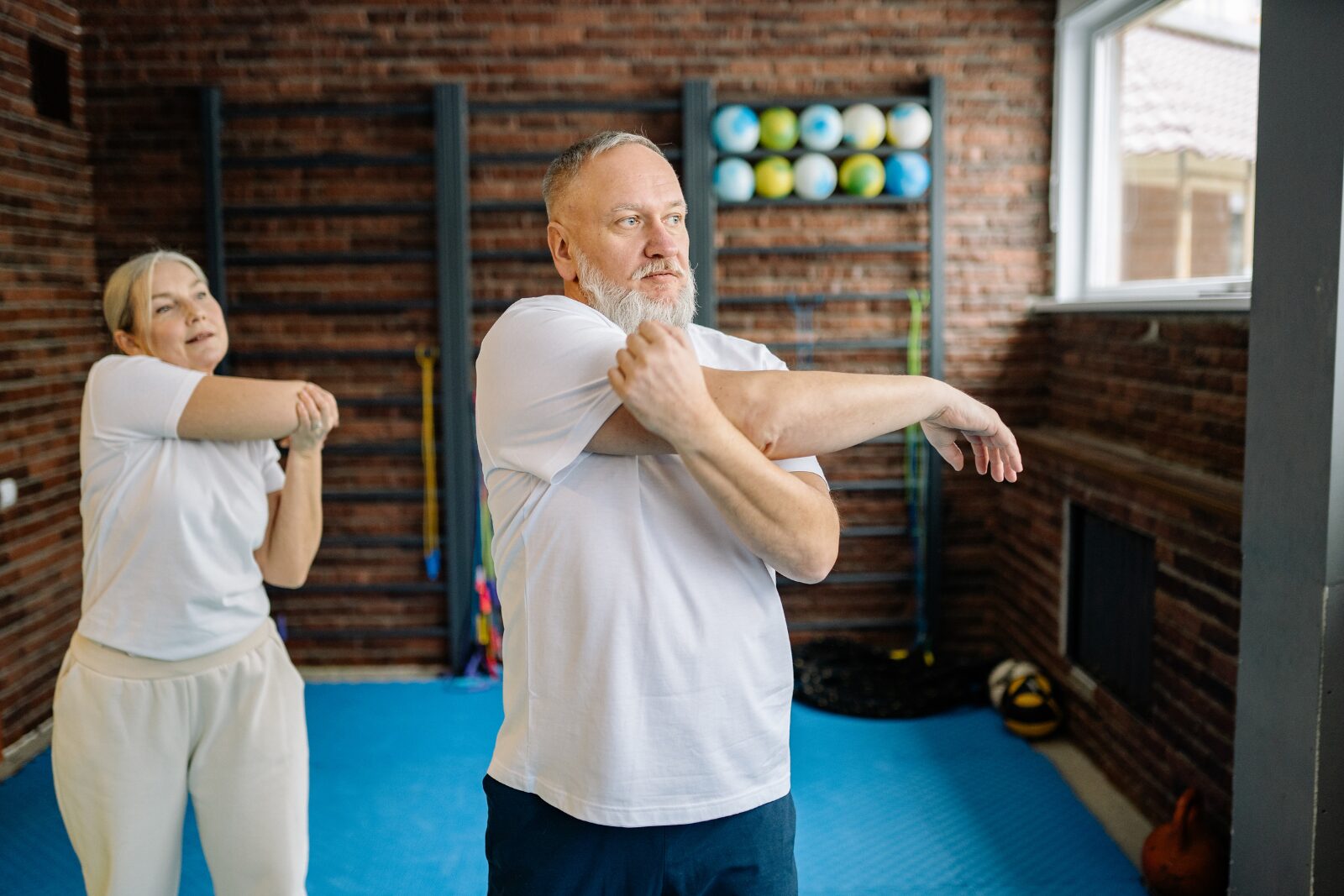Falls are a leading cause of injury, particularly among older adults. While tripping or slippery surfaces are often blamed, medication side effects can significantly increase fall risk. Understanding these risks and taking steps to manage them can help you stay safe, active, and independent.
How Medications Affect Balance and Mobility
Certain medications can affect your body in ways that make falls more likely. Common side effects include:
- Dizziness or lightheadedness: Blood pressure medications, antidepressants, and sedatives may cause sudden drops in blood pressure or dizziness, especially when standing.
- Drowsiness or fatigue: Sleeping tablets, painkillers, and anti-anxiety medications can slow reactions or make you feel sleepy.
- Muscle weakness or impaired coordination: Some heart, diabetes, or neurological medications can reduce muscle strength or affect balance.
- Blurred vision or perception issues: Eye medications or medications with visual side effects can make it harder to see obstacles.
Even when taken correctly, these side effects can increase the risk of falls during everyday activities like walking, climbing stairs, or stepping off curbs.
Who Is Most at Risk?
Older adults are particularly susceptible due to age-related changes in balance, strength, and reflexes. People taking multiple medications (polypharmacy) face even higher risk because of combined side effects such as dizziness, confusion, or weakness.
How to Reduce Fall Risk
Managing medication-related fall risk involves a combination of healthcare guidance, lifestyle strategies, and home safety:
- Regularly review medications: Ask your doctor or pharmacist about side effects that could affect balance or mobility.
- Report symptoms: Dizziness, fatigue, or blurred vision should be shared with your healthcare provider promptly.
- Follow dosage instructions carefully: Timing, food, and water intake can influence medication effects.
- Strength and balance exercises: Physiotherapy exercises, gentle strength training, and balance activities can counteract side effects.
- Make your home safer: Remove trip hazards, add non-slip mats, and install handrails where needed.
When to Seek Professional Help
If you notice that medications are affecting your daily movement or causing frequent dizziness, speak with your doctor or pharmacist. They may adjust your dosage, switch medications, or provide other strategies to reduce fall risk.
Takeaway:
While medications are essential for managing health, certain side effects can increase fall risk. Awareness, professional guidance, and practical strategies like exercise and home safety adjustments can help older adults stay active, independent, and confident.



